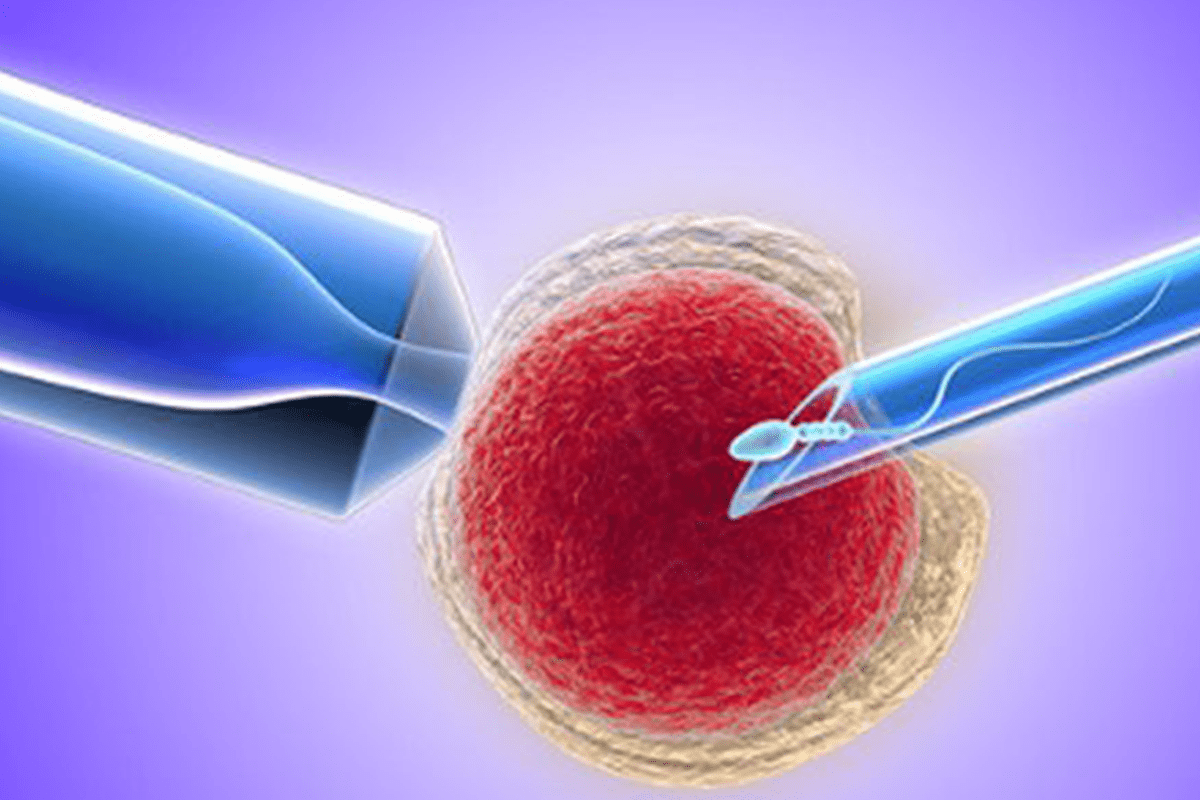ICSI, a specialized form of in vitro fertilization (IVF), involves the direct injection of a single sperm cell into an egg to facilitate fertilization. This technique, first successfully performed in 1992, marked a pivotal moment in the field of reproductive medicine, opening new possibilities for couples struggling with infertility.
Increased Fertilization Rates
In conventional IVF procedures, fertilization occurs when sperm and egg are mixed together in a laboratory dish, relying on the sperm’s ability to penetrate the egg’s outer layer. However, for couples with male factor infertility or other challenges, this method may not always yield successful fertilization. Here, ICSI steps in, offering a remarkable solution by directly injecting sperm into the egg, bypassing potential barriers and significantly increasing the likelihood of successful fertilization.
Overcoming Male Infertility Issues
Male infertility can stem from various factors, including low sperm count, poor sperm motility, or abnormal sperm morphology. ICSI provides a tailored approach to address these specific challenges, offering hope to couples who may have previously faced limited options in conventional IVF treatments. By selecting the healthiest and most viable sperm for injection, ICSI bypasses the obstacles posed by male infertility, offering a pathway to conception.

Reduced Risk of Genetic Abnormalities
Genetic abnormalities in embryos can pose significant challenges during fertility treatments, leading to failed implantation or miscarriage. With ICSI, clinicians have the ability to meticulously select sperm with the highest genetic integrity, thus reducing the risk of transmitting genetic abnormalities to the embryo. This meticulous selection process enhances the chances of producing healthier embryos, ultimately increasing the likelihood of a successful pregnancy.
Improved Success Rates in ART
The success rates of ART procedures, including IVF, are a critical consideration for couples embarking on their fertility journey. Studies have consistently shown that ICSI significantly improves the chances of successful fertilization and embryo development compared to conventional IVF methods. Factors such as sperm quality, egg quality, and maternal age can influence the outcomes, but ICSI offers a promising option for couples seeking to maximize their chances of conception.
Minimizing Risk of Egg Damage
In traditional IVF procedures, the process of mixing sperm and egg in a laboratory dish can sometimes lead to damage or trauma to the delicate egg structure. ICSI minimizes this risk by directly injecting sperm into the egg, reducing the potential for damage and increasing the likelihood of successful fertilization. This precision-driven approach not only enhances fertilization rates but also ensures the preservation of egg quality, crucial for successful embryo development.
Enhanced Control Over Embryo Development
The journey from fertilization to embryo development is a critical phase in the ART process, requiring meticulous monitoring and care. With ICSI, clinicians have enhanced control over this crucial stage, closely monitoring embryo development and making necessary adjustments to optimize outcomes. This level of precision and control offers reassurance to couples undergoing fertility treatments, knowing that every effort is being made to maximize their chances of success.
Potential for Sperm Retrieval from Testicular Tissue
For men with obstructive azoospermia or other conditions where sperm may not be present in ejaculated semen, the retrieval of viable sperm can present a significant challenge. However, ICSI offers a potential solution by enabling clinicians to retrieve sperm directly from testicular tissue through procedures such as testicular sperm extraction (TESE) or microdissection TESE. This opens up new possibilities for couples facing male infertility issues, providing a ray of hope where options may have seemed limited.
Conclusion
The benefits of ICSI in the realm of assisted reproductive technology are manifold and profound. From increasing fertilization rates to overcoming male infertility challenges and minimizing the risk of genetic abnormalities, ICSI has transformed the landscape of fertility treatments, offering hope and new possibilities to couples on their journey to parenthood. As technology continues to advance and techniques evolve, ICSI remains a cornerstone of modern reproductive medicine, empowering countless couples to realize their dreams of starting a family.


